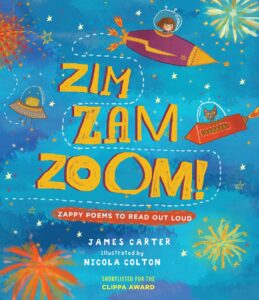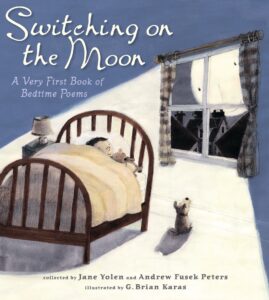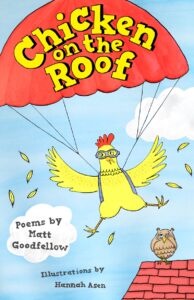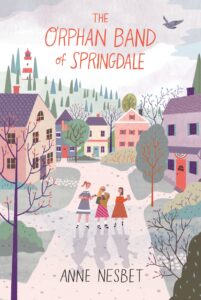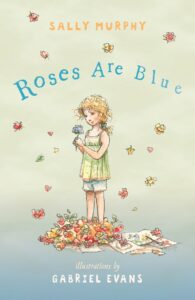The Village Blacksmith
Age 6+
Picture Books
A contemporary envisioning of a nineteenth-century poem pairs artwork by G. Brian Karas with the Henry Wadsworth Longfellow classic.
His brow is wet with honest sweat;
He earns whate’er he can,
And looks the whole world in the face,
For he owes not any man.
The neighborhood blacksmith is a quiet and unassuming presence, tucked in his smithy under the chestnut tree. Sturdy, generous, and with sadness of his own, he toils through the day, passing on the tools of his trade, and come evening, takes a well-deserved rest. Longfellow’s timeless poem is enhanced by G. Brian Karas’s thoughtful and contemporary art in this modern retelling of the understated and tender tale of a humble craftsman. Back matter about the tools and the trade of blacksmithing will draw readers curious about this age-honored endeavor, which has seen renewed interest in developed countries and continues to be plied around the world.
Creators
Henry Wadsworth Longfellow was born in Portland, Maine, on February 27, 1807, and died on March 22, 1882. Longfellow moved to Cambridge, Massachusetts, in December 1836 and is one of the great American Romantic poets. “The Village Blacksmith” was first published in 1841 and was inspired by his ancestor, Stephen Longfellow, a village smithy, schoolmaster, and town clerk.
G. Brian Karas has illustrated more than ninety children’s books, including two by Megan McDonald about Ant and Honey Bee; Tap Tap Boom Boom by Elizabeth Bluemle; Are You Going to Be Good? by Cari Best, a New York Times Book Review Best Illustrated Children’s Book of the Year; and his most recent title, Night Job by Newbery Medalist Karen Hesse, a New York Times Notable Children’s Book of the Year. G. Brian Karas lives in the Hudson Valley of New York.



